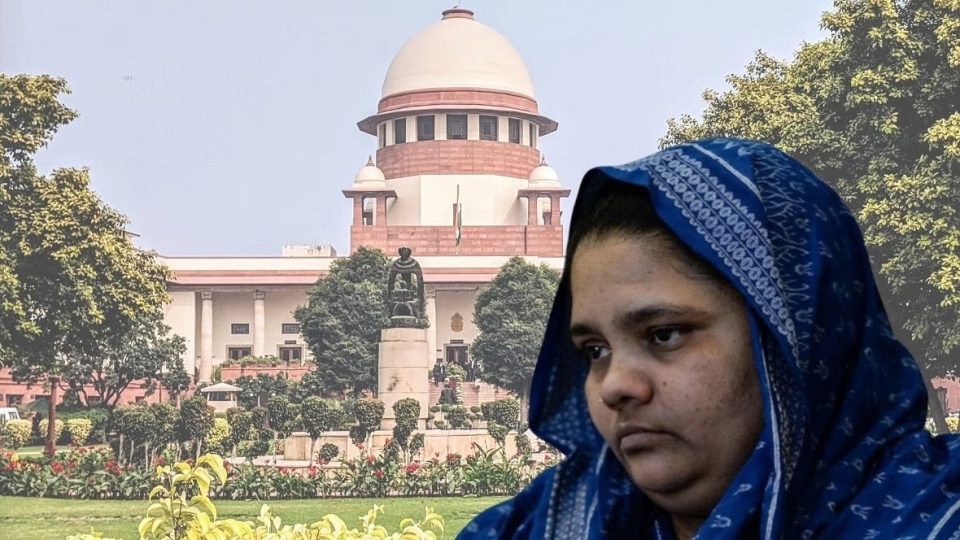In a significant legal battle, Bilkis Bano’s lawyer, Shobha Gupta, argued passionately before the Supreme Court, urging for the 11 convicts involved in the brutal gangrape and murder case during the 2002 Gujarat riots to be sent back to jail. The case, which shocked the nation, involved the gangrape of Bilkis, who was pregnant at the time, and the murder of 14 members of her family, including eight minors. The convicts were released last year on Independence Day after the Gujarat government granted them remission of their life sentences. Gupta vehemently contested the government’s decision, emphasizing that the nature of the crime and its impact on society were crucial factors that were overlooked. She pointed out the heinous acts committed by the convicts, including smashing a three-year-old child’s head on a rock and raping a pregnant woman. Gupta argued that these crimes were not equivalent to ordinary offenses and that the convicts did not deserve mercy or leniency.
During the hearing, Justice BV Nagarathna raised the question of reformation, citing judgments that advocated giving individuals a chance to reform and reintegrate into society. Gupta acknowledged the principle but argued that these convicts, given the gruesome nature of their crime, should not be considered for remission. She emphasized that the Gujarat government had shown favoritism by liberally granting parole and furlough to these convicts even when they were in prison. Gupta highlighted the differential treatment meted out to the convicts, who were allowed privileged treatment, and stressed that relevant factors were ignored during the remission process. She also challenged the maintainability of the petitions, arguing that the government did not consider vital factors, and procedural non-compliance was evident.
The case, which originated from the horrific events of March 3, 2002, stirred national outrage. Bilkis Bano, who witnessed her child’s murder and suffered unimaginable trauma, sought justice. The trial, initially held in Gujarat, was later transferred to Maharashtra, where the accused were convicted and sentenced to life imprisonment. In a shocking turn of events, one of the convicts approached the Gujarat High Court for remission, sparking the legal battle. Despite widespread public protest and opposition from various quarters, the Gujarat government’s decision to release the convicts prematurely led to a series of petitions before the Supreme Court. Bilkis Bano’s plea challenged the convicts’ release and sought a review of the judgment allowing the Gujarat government to decide on their remission.
The legal proceedings witnessed intense arguments, with Gupta passionately advocating for justice and the rights of the victims. The Supreme Court’s ultimate decision on this case will carry profound implications, reflecting the delicate balance between justice, reformation, and societal impact, raising questions about the treatment of heinous crimes and the rights of the victims.

